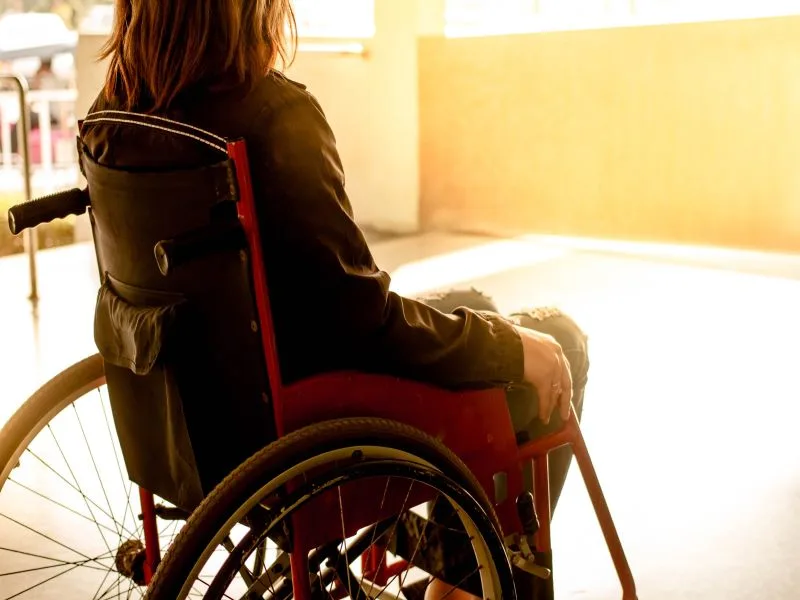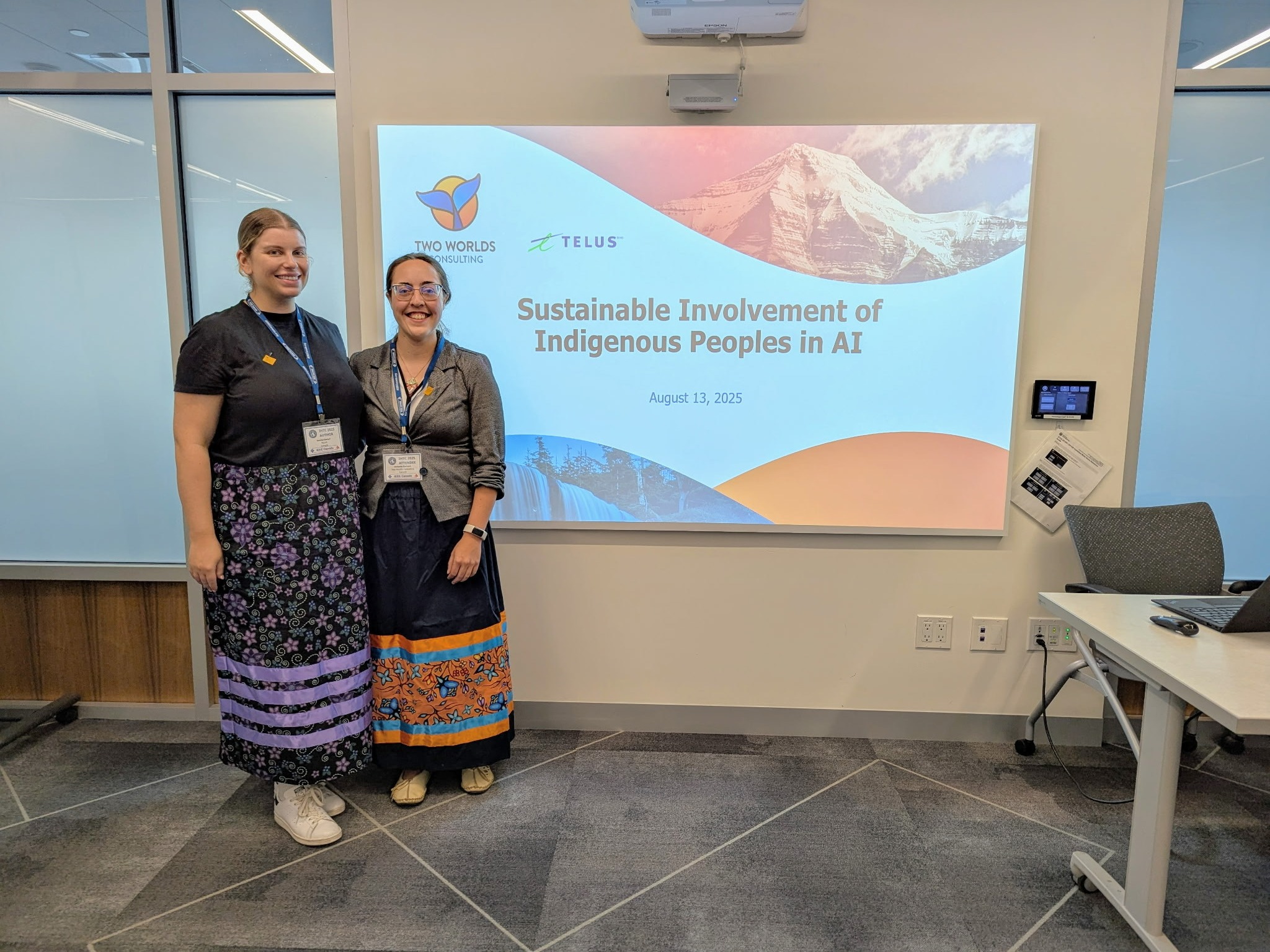
Connecting Canada
Accessing hope: how a phone call changed Jennifer Marshall’s life
Aug 30, 2023
TELUS and
March of Dimes Canada
partnered to expand TELUS Tech for Good™
nation-wide, offering one-on-one training and support to people living with disabilities who require assistive technology to use their mobile devices Jennifer Marshall, from Alberta, can pinpoint the exact moment she found greater independence – and she’s never looked back.
Born with cerebral palsy, a condition that affects her ability to move and maintain balance and posture, Marshall has been unable to walk her entire life. Now 60, she has also recently developed limited use of her hands and arms – an isolating experience that, without support, has restricted her ability to use digital tools to connect with support systems and loved ones.
Then came the day that would change her life: While on a call with TELUS, Marshall heard an ad for
TELUS Tech for Good
. The program, launched in 2019, and has recently expanded into a national, multi-year partnership between TELUS and March of Dimes Canada
. It offers one-on-one training and assistance for people living with disabilities who require assistive technology to use or control their smartphone or tablet. “It’s a program that can be life-changing for people living with disabilities who are looking to achieve greater independence ,” says Nimmi Kanji, Director of Community Investment, Social Purpose Programs at TELUS. “Millions of Canadians live with at least one disability. Our Tech for Good program supports people with varying abilities, empowering them to use assistive technology to make mobile devices work better for them and, ultimately, improve their quality of life.”
For Marshall, the ad was music to her ears: “It said, ‘If you know anyone who could benefit from this program, let us know.’ I thought I could benefit.”
Connecting with ease
Marshall applied to the program, was paired with an Assistive Technologist, and a few weeks later, she transitioned to using voice control on her mobile devices – a tool she was previously unfamiliar with, despite being computer-savvy.
Of course, Marshall had used tools such as Siri before, but voice control is different. While they have similar functions, Siri requires the use of internet or data, whereas voice control helps perform any task on your phone using your voice without an internet connection.
Program Manager Jamie Suderman, who works for March of Dimes, explains: “If you want to take a photo, you can use Siri to open and close the camera app, while voice control allows you to easily perform any function of the camera, such as taking pictures or editing images.”
Marshall also learned to use assistive touch on her iPhone, which helps her take a steady photo despite a hand tremor that had, since 2022, prevented her from using a laptop or holding her phone still enough to operate it.
She also began using a stylus pen, designed to interact with the touch screen of mobile devices in the same way our fingers do, but allowing greater precision and a phone grip, which enabled Marshall to use her device without having to hold it. Both tools made it easier to use her devices and are particularly helpful for individuals with motor impairments.
No waitlist, no documentation, no problem
A main goal of Tech for Good is to improve accessibility for people living with disabilities, says Suderman. Anyone who identifies as having a disability may apply via the TELUS website and, if applying online is a problem, they can apply via phone.
“This is a very simple application,” she adds. “It takes just a few minutes. There is no waitlist and we don’t need documentation. March of Dimes and TELUS are deliberately working to remove barriers to access this program.”
The program’s ultimate goal is to promote independence among participants. They learn how to use accessibility features that are already built-in to mobile devices and learn about other assistive technology that may be of value to them. Participants also benefit from access to check-ins for as long as necessary – weeks or months, depending on each individual’s needs. Critically, should a participant’s health status change, they can contact Tech for Good again to get support based on their evolving needs.
“Our goal is that clients can be more independent in their day to day activities,” says Suderman.
For Marshall, the program has done just that.
“I never wanted to use my disability as a crutch,” she says. “Tech for Good taught me it’s okay to say I have a disability and to ask for help. Now, I can use my devices again to keep in touch with my son, to shop, to listen to audiobooks. I learn every day how to use my phone differently.”
TELUS’ Tech for Good program provides people with disabilities direct access to Assistive Technology Specialists at March of Dimes Canada who have specialized knowledge about accessibility barriers and assistive technologies for mobile devices. Program support includes personalized, virtual one-on-one assessment, assistive technology training and recommendations based on an individuals’ diverse needs. To learn more visit,
telus.com/techforgood
. 
